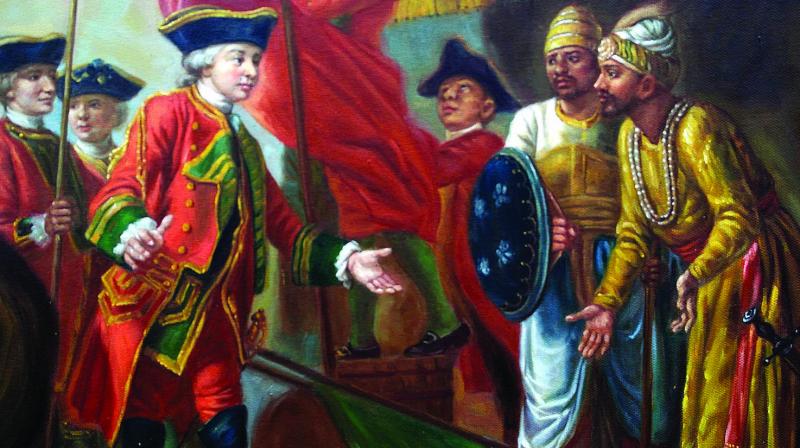The Mid-18th Century: Shaping Modern Times Through Trade, War, and Enlightenment
Introduction
The mid-18th century was a period of profound transformation that laid the groundwork for the modern era. During this time, European nations redefined global trade practices, engaged in significant conflicts like the Seven Years’ War, and absorbed the revolutionary ideas of the Enlightenment. These developments not only influenced the economic, political, and intellectual landscape of the time but also had lasting impacts that resonate in our modern times. This extensive analysis explores how mid-18th century advancements in trade, imperial policies, and intellectual movements have shaped contemporary societies.
Evolution of Trade Practices in the 18th Century
Mercantilism and the Race for Colonies
The mid-18th century marked an era dominated by mercantilist policies, where European powers sought to maximize wealth by controlling trade and expanding their colonial empires. Nations like Britain and France invested heavily in their naval fleets, a move that was driven by the need to protect and enhance their trade routes across the Atlantic and into Asia. This period witnessed a significant evolution in trade practices, characterized by fierce competition for colonies and the exploitation of colonial resources.
Impact on Global Trade Patterns
The aggressive expansion of colonial and trade networks during this period resulted in more sophisticated and extensive global trade patterns. European powers established complex trade routes that connected the New World colonies with African and Asian markets, facilitating the exchange of goods ranging from textiles to tea and from spices to slaves. This network not only boosted European economies but also laid the foundation for the modern globalized trade system.
The Seven Years’ War and its Aftermath
Redefining Power Balances
The Seven Years’ War, often called the first “global war,” had a transformative impact on the balance of power in Europe and its colonies. Britain emerged from the war as a predominant power, having seized control of vast territories in North America and India. The redistribution of colonial lands significantly altered the political landscape, leading to new economic and strategic dynamics among European powers.
Setting the Stage for Future Conflicts
The outcome of the Seven Years’ War set a precedent for future imperial conflicts, as defeated nations like France and Spain sought to recover their losses and restore their influence. The heightened rivalries and the reshuffling of colonial possessions contributed to a century filled with wars, revolutions, and the eventual decline of the old colonial empires.
Enlightenment Influence on Imperial Policies
Rational Governance and Systematic Administration
Enlightenment ideas profoundly influenced mid-18th-century imperial policies by promoting rational governance and systematic administration. Influenced by thinkers like John Locke and Voltaire, European colonial powers began to implement more structured forms of governance that emphasized efficiency, accountability, and the rule of law. These reforms were not only aimed at better managing the colonies but also at ensuring that colonial administration aligned with the enlightened principles of reason and progress.
Enlightenment Ideas and Colonial Resistance
As Enlightenment principles spread across Europe and into the colonies, they fostered a growing awareness of individual rights and self-determination. This intellectual shift played a crucial role in inspiring colonial resistance movements, setting the stage for a series of revolutions that would dramatically reshape the world order. The American Revolution, in particular, can be seen as a direct outcome of Enlightenment thinking applied to the colonial context, where demands for liberty and democratic governance led to the breaking away from European control.
Conclusion: From the 18th Century to Modern Times
The mid-18th century was not only about the reorganization of global power and trade but also about the profound intellectual transformation that influenced all aspects of life. The legacy of this era is evident in how contemporary global systems are structured, from international trade networks to political governance and the universal values of human rights. As we continue to navigate the complexities of modern times, the lessons from the 18th century offer valuable insights into the interplay between economic policies, warfare, and intellectual movements in shaping our world.
In conclusion, the mid-18th century was a pivotal moment that contributed significantly to the development of modern times. The advancements in trade, the outcomes of the Seven Years’ War, and the spread of Enlightenment ideas not only redefined the European powers but also set the foundations for the modern globalized world. Understanding these historical contexts enriches our comprehension of contemporary global dynamics and the ongoing impact of 18th-century transformations.







